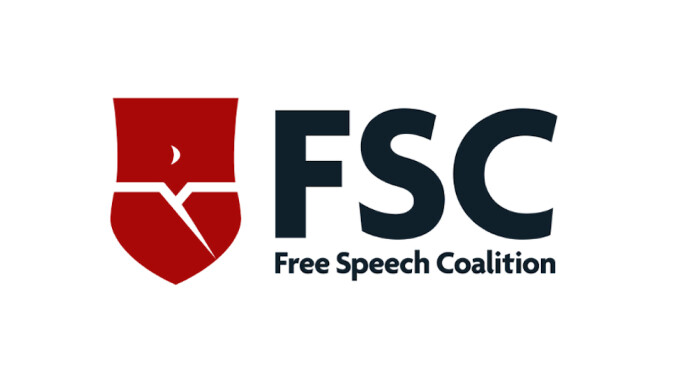LOS ANGELES — The Free Speech Coalition (FSC) has released a statement condemning the proposed Stop Internet Sexual Exploitation Act (SISEA).
This is the statement from the FSC:
Over the past two weeks, we’ve seen a stream of grossly misinformed attacks on the adult industry, first from religious groups, then opinion columnists and now, politicians. The latest, a bill from Senators Ben Sasse and Jeff Merkley, promises wide-ranging restrictions on the adult industry — a reaction to a column by the New York Times’ Nicholas Kristof, written in collaboration with Christian anti-porn group Exodus Cry.
In its simplest terms, the Stop Internet Sexual Exploitation Act would require any platform hosting pornographic content — loosely defined here as sexually explicit video or images — to verify the age and consent of anyone appearing in any video on the site. While the prevention of revenge porn and other illegal content is admirable, this poorly drafted bill is a dangerous affront to sexual speech, devastating to sex workers and redundant to existing legislation.
Producers of explicit content are already required to verify age and secure consent. Major civil and criminal penalties already exist for those who don’t. But the new legislation would overturn a central tenet of a free internet — and make platforms liable for the content individuals post on them.
Platforms, from tube sites to Twitter, would be required to verify the identity, age and consent for every single person represented in any image that might be interpreted as sexual, no matter how or when it was produced, or by whom. Each platform would have to maintain those records in an accessible database and cross-reference it with a government database.
The bill would likely result in the wholesale removal of most sexually explicit content online, creating massive new legal liabilities for users who share legally produced content and incentivizing platforms to ban sex-related content in general. A good breakdown of the specifics of the legislation can be found here.
Pornography has no legal definition, but the bill defines it as “sexually explicit content” according to the child porn statute 18 U.S. Code §?2256 — which bans any sex act, simulated or actual, real or computer-generated, as well as the “lascivious” exhibition of the breasts or anus or pubic area. This would include:
- Actual filmed sex acts or masturbation
- Simulated sex acts from mainstream Hollywood studios
- Private photos exchanged on dating apps
- Sex education images and diagrams
- Historical images or nudes
- Images or drawings related to nudity or sexual expression
The definition of pornography is so broad that any platform or service would be required to secure the same age, identity, and release forms for anyone portrayed in any potentially sexual scenario — whether it was a GIF from Game of Thrones, a Mapplethorpe photo, an explicit parody drawing of Trump and Putin, or self-produced sex tape. Platforms that do not secure the identity and releases would be fined, and the user uploading it could be sued by those appearing in the photo.
The bill is wildly unconstitutional and, if implemented, would effectively silence sexual speech online. Most non-adult platforms would likely react by terminating even potentially suggestive content rather than manage massive databases of personal information, or expose themselves to the liability that comes with it.
We would see an invasive ban on sexual expression between consenting couples on platforms like Skype and dating apps, the wholesale de-platforming of sex workers on social media, and the eradication of most sex-related content online. Given this bill’s roots in an evangelical anti-porn campaign, this wide censorship of sex may be a feature, not a bug, of the legislation.
FSC will be partnering with other advocates of free speech and a free internet to fight against the unconstitutional restrictions of this legislation, while simultaneously working to curb illegal content online.
For more information, visit the FSC website.







